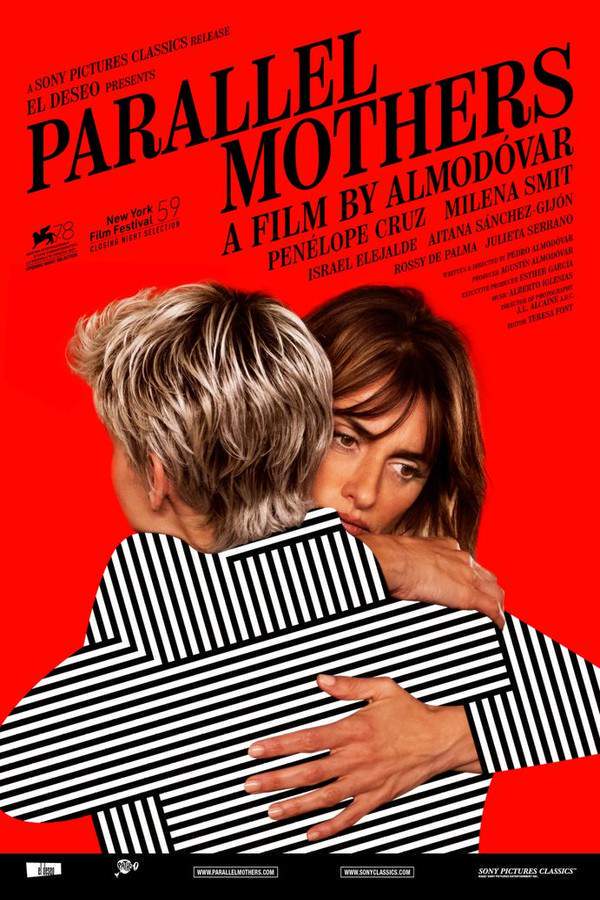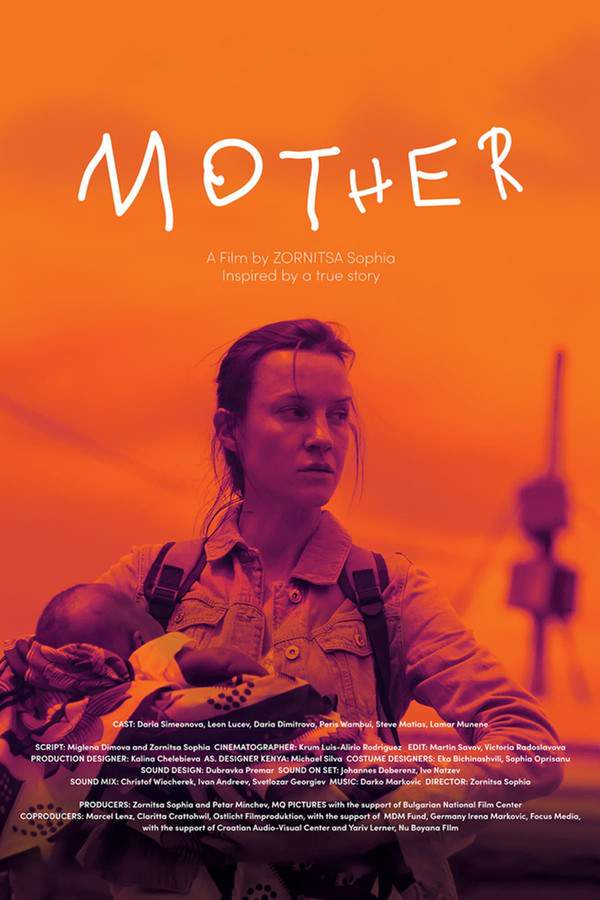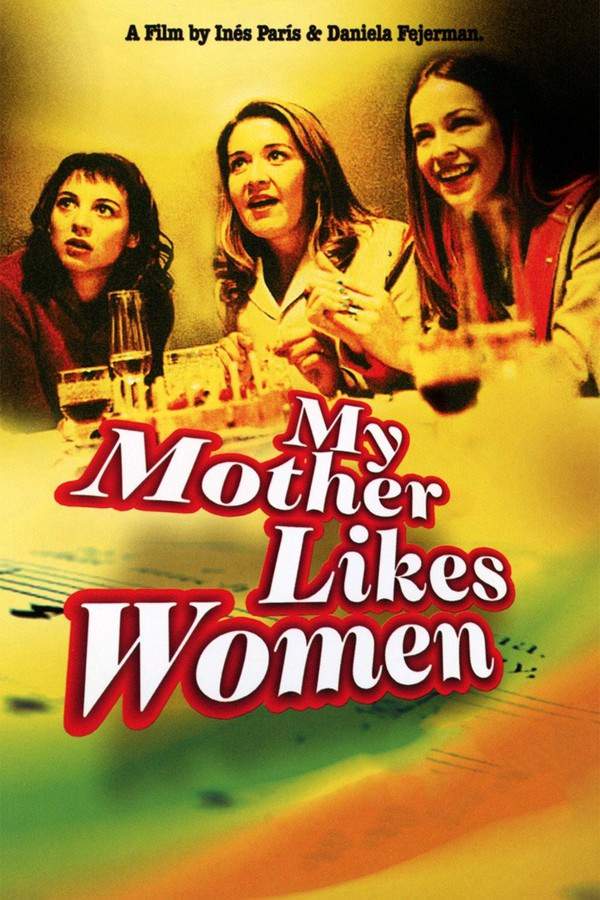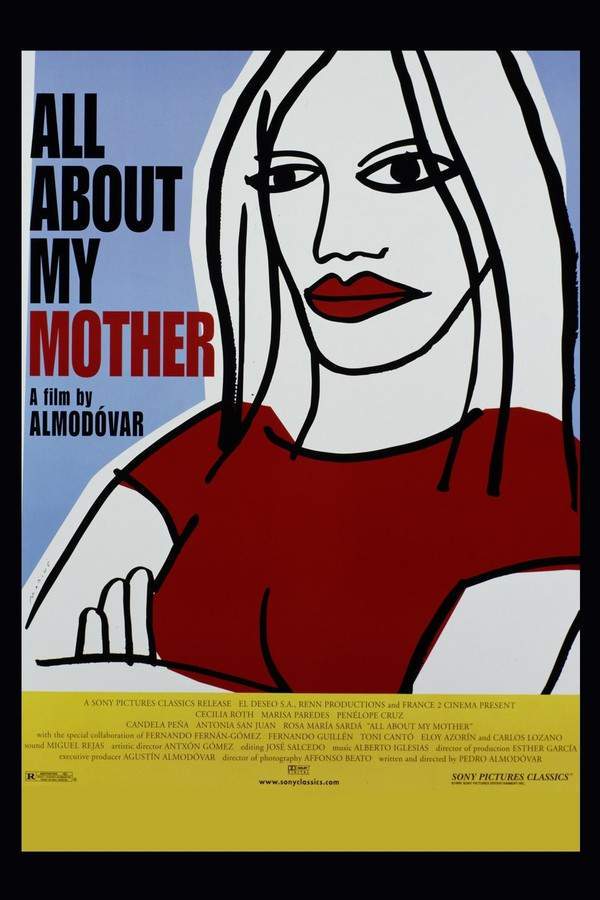
All About My Mother 1999
Directed by
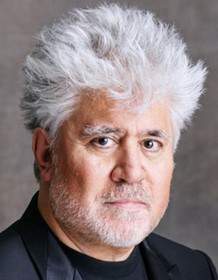
Pedro Almodóvar
Made by

Sony Pictures Classics
Test your knowledge of All About My Mother with our quiz!
All About My Mother Plot Summary
Read the complete plot summary and ending explained for All About My Mother (1999). From turning points to emotional moments, uncover what really happened and why it matters.
Manuela, a devoted single mother living in Madrid, celebrates her son Esteban’s 17th birthday by taking him to a Tennessee Williams play, A Streetcar Named Desire. After the performance, they eagerly wait outside to obtain an autograph from one of the actresses. Unfortunately, Esteban’s attempt to chase down their departing taxi leads to a tragic accident, and he is struck by a car, resulting in his untimely death.
In a quest to find closure, Manuela embarks on a journey to Barcelona to seek out Esteban’s father, a transvestite named Lola, who remains unaware of his fatherhood. While in Barcelona, she reconnects with her old friend Agrado, also a transvestite, who becomes a source of support in her time of need. To sustain herself, Manuela finds work through Agrado with Rosa, a nun who is grappling with her own struggles: she is three months pregnant with Lola’s child and has contracted AIDS.
As fate would have it, Manuela attends another performance of A Streetcar Named Desire where she encounters Huma, the actress her son had been so eager to meet. Throughout this turbulent period, Manuela becomes a caregiver for Rosa, providing support as she faces the challenges of motherhood and illness. Tragically, after giving birth, Rosa passes away from AIDS, leaving Manuela to bear the emotional weight of loss.
Soon, Lola reunites with Manuela, but he too is battling AIDS. In a poignant moment, Lola meets his newborn son, whom Manuela names Esteban in honor of her lost child. Ultimately, Manuela returns to Madrid, retracing her steps, this time with a new baby son in her arms, symbolizing hope and the enduring cycle of life amidst profound loss.
All About My Mother Timeline
Follow the complete movie timeline of All About My Mother (1999) with every major event in chronological order. Great for understanding complex plots and story progression.
Esteban's Birthday Celebration
Manuela, a dedicated mother, celebrates her son Esteban's 17th birthday in Madrid. The day is special as they prepare to attend a performance of Tennessee Williams' *A Streetcar Named Desire*, a treat Esteban has been eagerly looking forward to.
Tragic Accident
After the play, as they wait outside for an autograph, Esteban makes a dash towards a taxi that is leaving. Unfortunately, in his excitement, he is struck by a car, resulting in a tragic and sudden death that leaves Manuela devastated.
Journey to Barcelona
In her quest for closure and understanding, Manuela travels to Barcelona to find Esteban's father, Lola, who is unaware he has a child. This journey symbolizes her effort to connect with her past while searching for answers.
Reunion with Agrado
Upon arriving in Barcelona, Manuela reconnects with her old friend Agrado, who is also a transvestite. Agrado becomes a pillar of support for Manuela during her time of sorrow, helping her navigate this difficult period in her life.
Meeting with Rosa
Manuela finds work through Agrado with Rosa, a nun struggling with her own hardships, including an unexpected pregnancy and a diagnosis of AIDS. Their friendship grows as they bond over their challenges, providing emotional support.
Another Performance of *A Streetcar Named Desire*
Manuela attends yet another performance of *A Streetcar Named Desire*, where she unexpectedly encounters Huma, the actress her son had admired. This meeting brings back a flood of memories and emotions tied to Esteban's passion for the play.
Becoming a Caregiver
During her time in Barcelona, Manuela takes on the role of caregiver for Rosa, who is facing the challenges of imminent motherhood while battling AIDS. Manuela's nurturing nature shines through as she supports Rosa through this difficult journey.
Rosa's Death
Tragically, after giving birth, Rosa succumbs to AIDS, escalating Manuela's grief as she bears yet another profound loss. This moment underscores the severity of the struggles faced by the women in a world ravaged by illness and heartache.
Lola's Reappearance
Shortly after Rosa's death, Lola reunites with Manuela. However, he is also suffering from AIDS, making their reunion even more poignant as they both face the devastating impacts of illness and loss together.
Lola Meets His Son
In a heart-wrenching moment, Lola meets his newborn son for the first time, whom Manuela has named Esteban in honor of her deceased child. This encounter symbolizes the intertwining of loss and the hope of new beginnings amidst sorrow.
Return to Madrid
Eventually, Manuela decides to return to Madrid, retracing her journey with a new baby in her arms. This return represents a significant transition in her life, filled with both loss and the promise of renewal.
Symbol of Hope
With her new baby son, Manuela symbolizes hope and resilience in the face of profound personal tragedy. Her story reflects the enduring cycle of life and the capacity to find strength amidst overwhelming heartbreak.
All About My Mother Characters
Explore all characters from All About My Mother (1999). Get detailed profiles with their roles, arcs, and key relationships explained.
Manuela
Manuela is a devoted and resilient single mother whose life is shattered by the tragic death of her son. She embodies strength and compassion as she embarks on a difficult journey to reconnect with her past. Her character illustrates the depth of maternal love and the persistence to find hope amidst profound grief.
Lola
Lola is a transvestite and the father of Esteban, unaware of his fatherhood until Manuela seeks him out. His character represents the struggles of identity and acceptance, reflecting the complexities of family dynamics. Lola's battle with AIDS further emphasizes the theme of suffering and the search for redemption.
Agrado
Agrado is a vibrant and supportive friend to Manuela, providing emotional and practical assistance during her difficulties. As a fellow transvestite, his character embodies joy and solidarity, contrasting the pain experienced by the other characters. Agrado’s presence underscores the importance of community in overcoming personal struggles.
All About My Mother Settings
Learn where and when All About My Mother (1999) takes place. Explore the film’s settings, era, and how they shape the narrative.
Time period
The movie does not specify a particular time period but reflects contemporary societal issues like identity, loss, and the impact of disease in an urban setting. These concerns resonate with audiences today, highlighting themes of motherhood and resilience in the face of tragedy.
Location
Madrid, Barcelona
Madrid serves as the starting point of Manuela's journey, characterized by its vibrant culture and bustling life. It is known for its rich history and as a hub for the arts, which connects to the play that plays a significant role in the story. Barcelona becomes the backdrop for Manuela's quest, known for its architectural wonders and LGBTQ+ community, providing a stark contrast to her life in Madrid.
All About My Mother Themes
Discover the main themes in All About My Mother (1999). Analyze the deeper meanings, emotional layers, and social commentary behind the film.
💔
Loss
Loss is a central theme in the film, as Manuela navigates the tragic death of her son, Esteban. The narrative explores how personal loss shapes relationships and drives individuals to seek connection and closure. Throughout her journey, she encounters others dealing with their own losses, creating a tapestry of grief and resilience.
🌈
Identity
The theme of identity plays a significant role, particularly through the characters of Lola and Agrado, who challenge traditional gender roles. Their experiences highlight the complexities of self-acceptance and the ways in which identity affects familial relationships. Manuela's search for her son's father emphasizes the importance of understanding one's roots and the struggle for acceptance.
🩺
Illness
Illness serves as a poignant theme, particularly with the representations of AIDS affecting key characters. It raises awareness about the struggles faced by individuals and families dealing with chronic illness and the stigma surrounding it. Manuela's caregiving role demonstrates compassion and the intersection of love and loss in health crises.

Coming soon on iOS and Android
The Plot Explained Mobile App
From blockbusters to hidden gems — dive into movie stories anytime, anywhere. Save your favorites, discover plots faster, and never miss a twist again.
Sign up to be the first to know when we launch. Your email stays private — always.
All About My Mother Spoiler-Free Summary
Discover the spoiler-free summary of All About My Mother (1999). Get a concise overview without any spoilers.
In the bustling streets of Madrid, Manuela lives a modest life centered around her teenage son Esteban, whose enthusiasm for the theater paints their world with color and possibility. Their bond is rooted in shared moments of art and everyday tenderness, creating a small, intimate universe that feels both ordinary and radiant. The city’s rhythm—its cafés, plazas, and the soft glow of theater marquees—provides a backdrop that is as alive as the characters who inhabit it.
A sudden, tragic loss shatters that quiet rhythm, propelling Manuela on an unexpected pilgrimage to Barcelona. With only the faint memory of a name to guide her, she sets out to locate Lola, the enigmatic figure who once shared a brief, secret connection with her son. The journey unfolds against a vivid Mediterranean canvas, where the hum of traffic and the echo of street performances weave together a tapestry of longing and discovery.
Along the way, Manuela finds herself drawn into a circle of unexpected companions. Agrado, a warm‑hearted soul whose own path has been marked by resilience, offers a steady presence as the two women navigate unfamiliar emotional terrain. A compassionate nun named Rosa extends a quiet sanctuary, while the charismatic English actress Huma embodies the world of performance that once captivated Esteban. Each encounter hints at deeper questions of identity, love, and what it means to belong.
The film’s tone balances melancholy with moments of gentle humor, allowing the audience to feel the weight of grief without drowning in despair. Through richly drawn characters and a setting that pulses with life, the story invites viewers to contemplate how connections—both fleeting and profound—can illuminate the darkest corners of the human heart, promising a quiet, hopeful continuity beyond loss.
Can’t find your movie? Request a summary here.
Movies with Similar Twists and Themes
Uncover films that echo the narrative beats, emotional arcs, or dramatic twists of the one you're exploring. These recommendations are handpicked based on story depth, thematic resonance, and spoiler-worthy moments — perfect for fans who crave more of the same intrigue.
Featured on this page

What's After the Movie?
Not sure whether to stay after the credits? Find out!
Explore Our Movie Platform
New Movie Releases (2025)
Famous Movie Actors
Top Film Production Studios
Movie Plot Summaries & Endings
Major Movie Awards & Winners
Best Concert Films & Music Documentaries
Movie Collections and Curated Lists
© 2025 What's After the Movie. All rights reserved.


